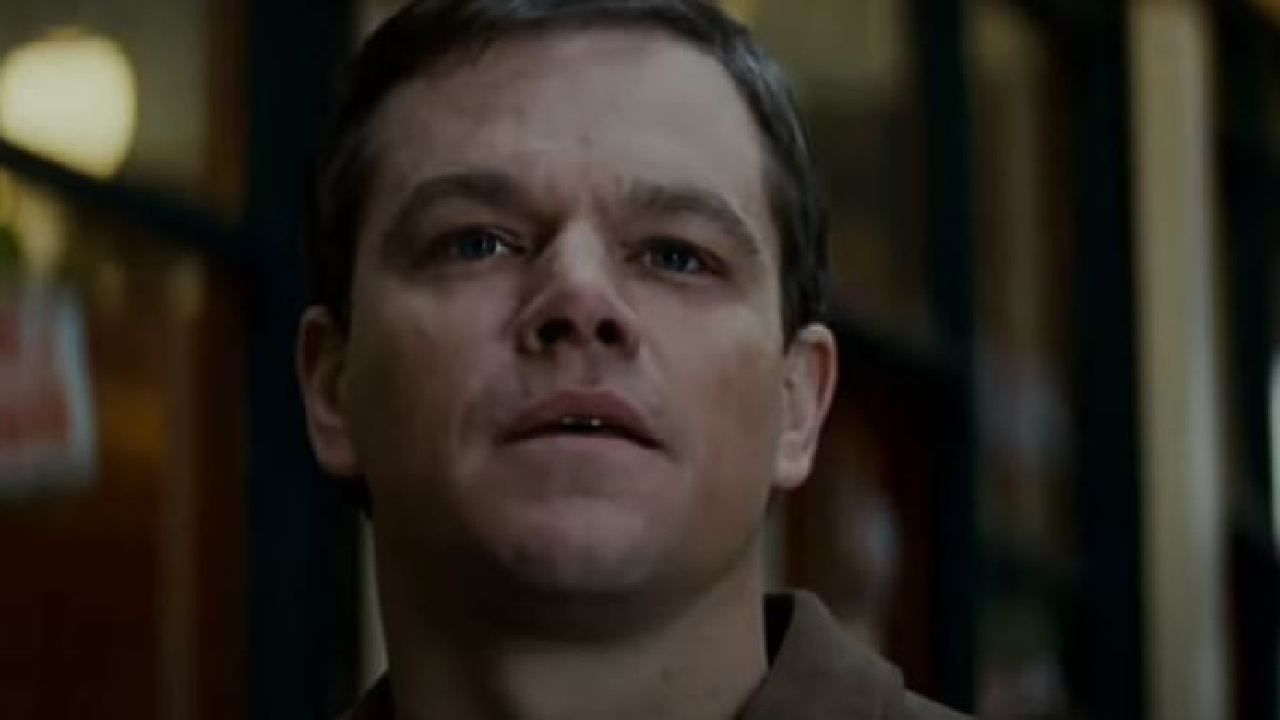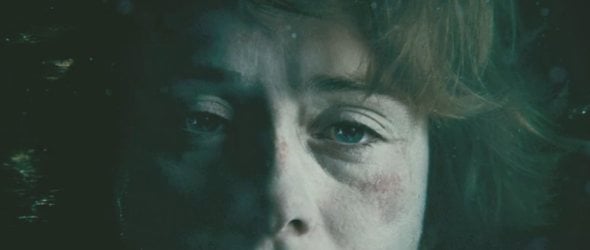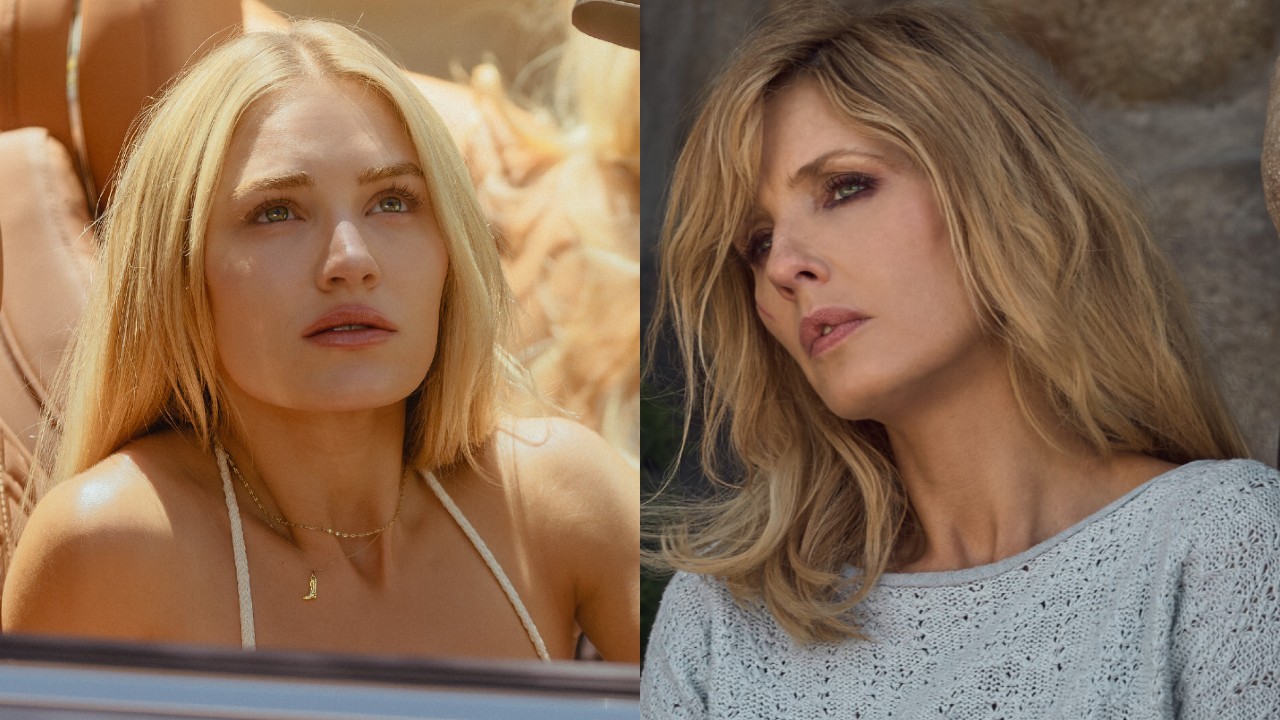Interview: Hereafter Writer Peter Morgan On His Most Emotional Screenplay Yet

One of the major characters in Clint Eastwood's new film Hereafter, a French journalist played by Cecile de France, finds herself deeply interested in the afterlife after a near-death experience, but faces deep skepticism from her colleagues and friends. You might imagine screenwriter Peter Morgan would have faced the same as he wrote Hereafter on spec, given that a multi-stranded story about life and death is not quite what you expect from the writer of The Queen and Frost/Nixon. But before Morgan could face any obstacles in getting his script made, it found its way to one of the few directors who can make any film he wants whenever he wants: Clint Eastwood.
And even though Morgan thought the script might need more work, Eastwood thought it was perfect the way it was, and Hereafter hits theaters this week as one of the more emotionally wrenching films Morgan has ever written-- as he puts it, "It's the weirdest experience I've ever had." I talked to Morgan yesterday about the film's stunning opening sequence set during the 2004 Indonesian tsunami, how Matt Damon's casting in a lead role changed the film entirely from what he expected, and what the $1 million dollar version of this movie might have looked like. Hereafter opens in limited release on Friday, with a wider release starting on the 22nd.
How did you decide to include the tsunami in the film, and did you write it as the large action scene that it is in the move?
I suppose when I wrote it, I thought "Oh blimey, that will probably be quite expensive. I've talked myself out of this movie being made." Strictly speaking one should have an even bigger event right at the end of the movie, to bookend it, and that's certainly what most people are expecting. It gets quieter and quieter, the film. But to be honest with you, when I wrote it I didn't give it any thought whatsoever, in terms of the practicalities. I just wrote it as one of the three or four trigger events that made me think, "God, that came out of nowhere." You're sitting there at 9 o'clock in the morning on a Sunday, it's Boxing Day, two days after Christmas, and that happens. It's the same with terrorist attacks. These are completely unforeseen events. That's really what got me thinking.
Was it something you were personally grappling with, the enormity of something like the tsunami, and wanted to incorporate into this story?
No, it just came to em! Because I was writing on spec, there was no commercial imperative. I really just wrote it. It was so un-schematic, so un-pre-conceived. I just thought, this feels right. I wanted somebody who's out there investigating something else to get caught up in this, this French woman, to just approach this journalistically. And then a little boy in London to approach this totally un-journalistically. And then somebody else. I personally thought the tsunami sequence would be a little smaller, and the London sequence would be a little bit bigger. And therefore, it didn't seem to me that I was frontloading it. But it turned out that way.

When you're writing something on spec, especially something like this that deals so frankly with spirituality, it's a really bold move. Why did you feel like you had to get that out there?
Your Daily Blend of Entertainment News
I wrote it and put it in a drawer, thinking "Maybe it shouldn't be all three [stories], it should just be one," or whatever. And then a couple of years later a friend of mine died, a really close friend-- completely unexpected, a skiing accident. When I went to his funeral, I was like, "This just makes no sense, I saw him three days ago, it's mad. Where has he gone?'" In that funeral I thought, "I'm going to dig up Hereafter again." I sent it to my agents and said "What do yo think?" They sent it to Kathy Kennedy. I kept waiting for the phone call, "Let's do some work." And she sent it to Steven Spielberg and he sent it to Clint, and the next thing i know Clint wants to do it. And I think, "OK, great, let's get stuck in!" And that never happened. It's the weirdest experience I've ever had. I don't know. It sort of touches something different in everybody. I'm as much of a curious bystander on this whole experience as anybody else.
Having Matt Damon being such a huge star and playing this low-key, kind of beaten down character, it makes you consider the character differently than you might have without a star in that role. How did you envision the character and how was he maybe changed by Matt Damon?
I think he's really good in the movie. For me the twins are pivotal. There was a moment where I thought to myself, I could just chuck out the French part and the American part, and make a very cheap movie in England for a million dollars just about the boy. I think had this not happened that's what I would have done. When I spoke to Clint about it he said the Matt Damon part was his way into the movie. As far as he was concerned the twins were an interesting strand, but Matt…. And Kathy Kennedy was totally into the female journalist. I guess the fact that Matt is an exponentially bigger star than the other two are is reflective of Clint's [goal with the story]. If I were directing it, I might not have cast someone as well-known, because it results in naturally foregrounding the part. But for Clint that's what he brought to it.
I'm interested in the Dickens connection, because it's never made very literal what the connection is between Dickens and the story. [Damon's character listens to Dickens stories read aloud on tape, and at the end of the film attends a reading by Derek Jacobi at the London Book Fair].
I don't know why I did that except for the fact that I love it. And I thought it indicates great loneliness, and it indicates great vulnerability. The soothing tones of a Dickens story, if that is your friend and that's what you take to bed with you. I thought that says so much about the character, without saying it about the character. There's a lovely moment where we see Derek Jacobi reading at the end of the movie, and it cuts to Matt's face wreathed in smiles. And I thought, oh, that's so sweet. What a surprise. I love the Dickens part. I don't know why, it just says so much about the character.
And did you write in Derek Jacobi?
No, I wrote "a very well-known English knight of the stage." So there's only about three or four of them.
Staff Writer at CinemaBlend

